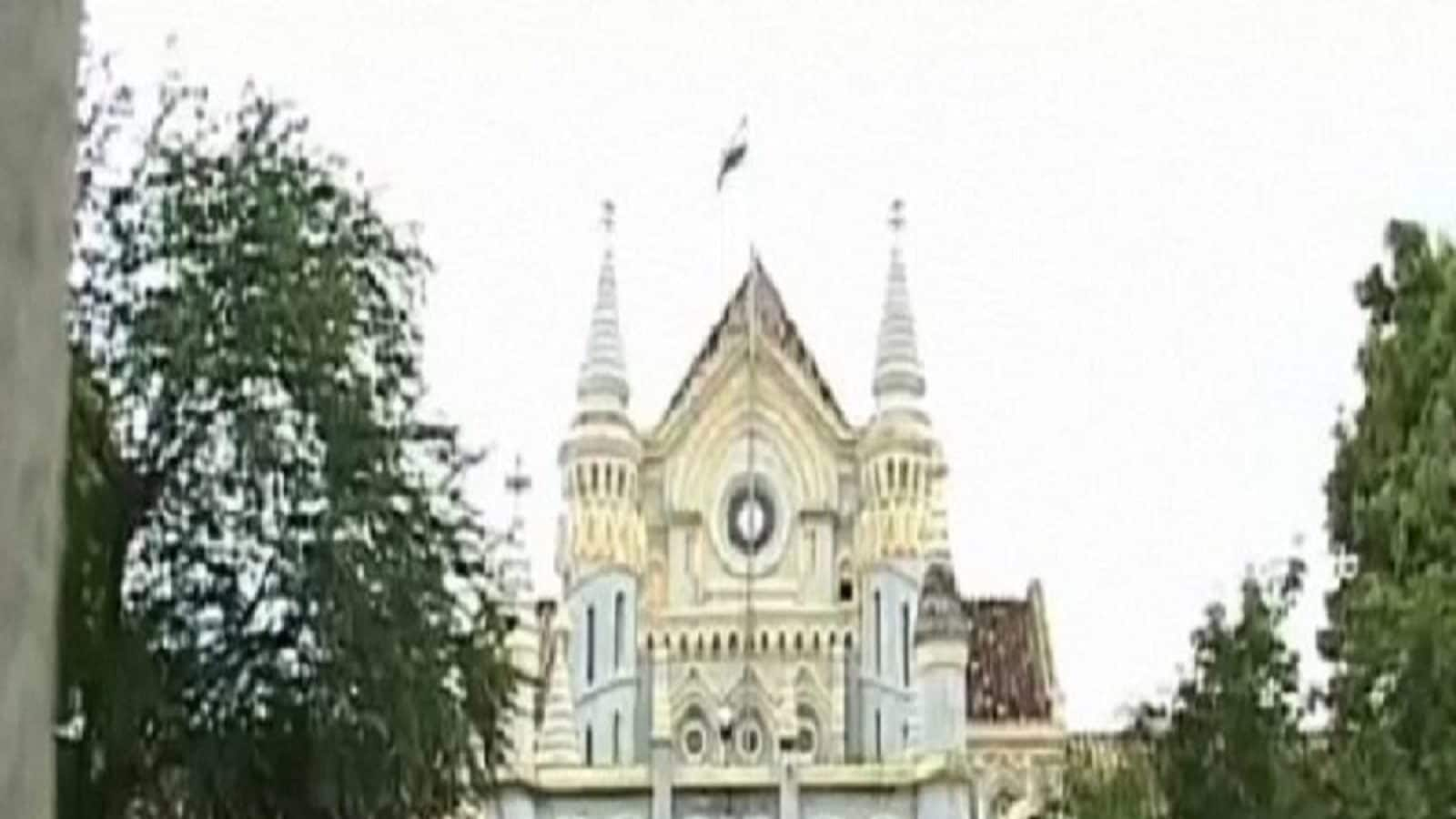


The Madhya Pradesh High Court at Indore recently imposed ₹1.5 lakh as costs on both the petitioners and the respondents to a case for the leisurely manner in which they argued the matter and treated the Court as "their playground." [Girish Mehta v The State of Madhya Pradesh and Anr.]Justice Subodh Abhyankar took exception to the parties relying on scores of documents in a petition filed under Section 482 (saving of inherent powers of High Court) of the Code of Criminal Procedure (CrPC) for quashing a first information report (FIR), even though such documents were not part of the chargesheet."This Court is also constrained to observe that the petitioner and the objectors, Utpal and Smt. Bharti Mehta are well endowed, and are fighting tooth and nails over their ancestral property, whereas their counsel are treating the courts as their playground. Although, the petitioner was entitled to file the petition for quashing the FIR, however, from the scores of documents which have been relied upon by the petitioner, which do not form the part of the charge-sheet, and the leisurely manner in which the entire matter has been argued by the counsel for the parties, this Court is of the considered opinion that the counsel also owe a duty to the court to argue responsibly and not for the gallery," the Court said.The Court added that this case would have the unique distinction of being one of those few cases in which costs have been imposed on all the parties involved."In such circumstances, for the reasons assigned as aforesaid, this Court is inclined to dismiss this petition with a heavy exemplary cost of ₹1,50,000, not only on the objectors Utpal Mehta and Smt. Bharti Mehta, but also on the respondent No.2/complainant Jethmal Lunkar Soni, as also the petitioner Girish Mehta. As such, this case has the unique distinction of imposition of costs on all the parties involved," the order stated.The Court was hearing a plea under Section 482, CrPC for the quashing of a criminal case registered for trespassing and theft.The FIR against the petitioner was lodged on January 23, 2021, for an incident that allegedly took place between October 21 and 25, 2020.The complainant alleged that his landlord (the petitioner) illegally took possession of his shop by breaking the lock despite a court directing status quo during the pendency of an eviction application against the complainant.After the FIR was filed, the petitioner applied for anticipatory bail, which was opposed not only by the complainant but also by the petitioner's deceased brother's wife and son (objectors).On March 9, 2021, the petitioner was granted anticipatory bail while ₹50,000 costs were imposed on the sister-in-law of the petitioner and her son. The order of bail was affirmed by the Supreme Court but the cost was set aside.The petitioner contended that he was falsely implicated in the case and supported his argument with a set of twelve documents submitted along with the petition.Subsequently, the objectors filed their objections, which were addressed by the petitioner. Following this, the petitioner submitted an additional reply accompanied by the High Court's order in the anticipatory bail application. This was followed by the objectors' submission of detailed objections, along with a copy of the Supreme Court order that waived the costs imposed on them.Further, the complainant lodged objections spanning sixteen pages. In response, the petitioner submitted fifty pages of material. This exchange was followed by another application from the petitioner seeking to include additional documents in the record. All these documents pertained to pending as well as resolved disputes between the parties concerning their property matters.CCTV footage was also filed by the petitioner to which the tenant objected. He stated that the petitioner had deliberately not filed footage of the day when the alleged theft took place.The petitioner drew the Court's attention to an intimation made by him to the concerned police station about taking possession of the shop. This, he contended, demonstrated his bona fide. The complainant opposed this and said that if at all the petitioner had taken possession of the shop, he could have obtained the receipt from the complainant.After hearing both parties, the Court observed that the petition for quashing was contested as if it were a writ petition. The Court expressed surprise that the objectors did not object to various documents filed by the petitioner. Instead, they filed various documents themselves, it noted.The Court then found that the counsel appearing for the complainant was also the counsel for the petitioner as well as the objectors in the eviction suit against the complainant.Thus, the Court concluded that the complainant was a sponsored objector on behalf of the objectors.Therefore, it refused to entertain the petition as all the disputed questions could not be gone into in a case for quashing of an FIR under Section 482, CrPC.The petition was accordingly dismissed with liberty to the parties to raise all the grounds available under law before the trial court.Additionally, the Court imposed costs of ₹50,000 each on all parties involved, while considering the two objectors to be one party, since all the litigants had treated the Court like a "playground."The costs have to be deposited in the account of President and Secretary, High Court Employees Union, the Court directed.The petitioner was represented by Senior Advocate VK Jain and advocate Vaibhav Jain.The complainant was represented by advocate Brijesh Garg.The objectors were represented by advocate Rishti Agrawal.The State was represented by Government Advocate Harshlata Soni.
TAGS: Madhya Pradesh High Court FIR quashing costs litigation Subodh Abhyankar legal proceeding